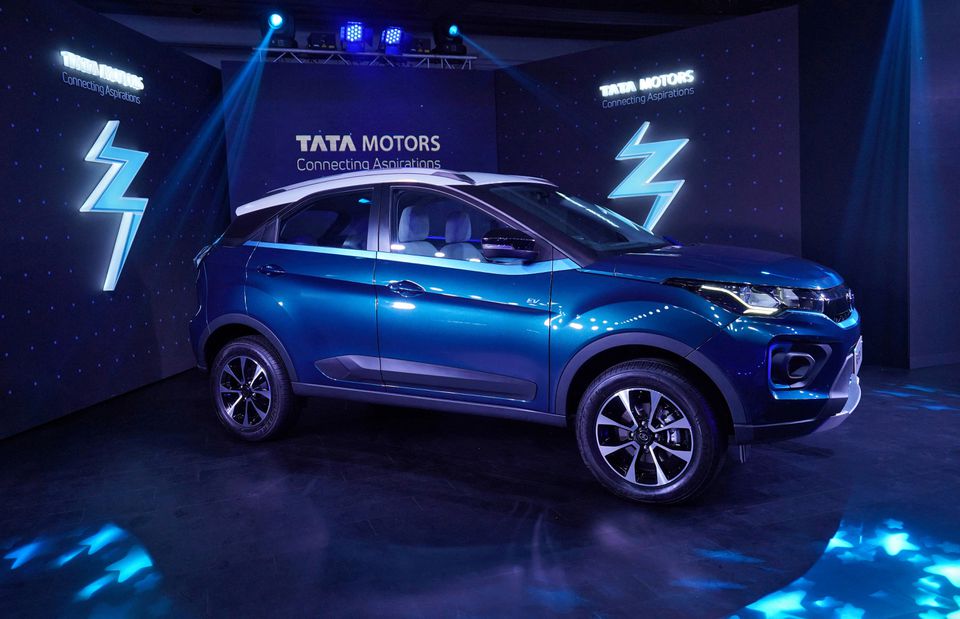PTI – The auto major said its passenger vehicle sales in the domestic market stood at 44,044 units last month, as compared to 42,293 units in the same month last year. Commercial vehicle sales in the domestic market stood at 46,823 units as against 47,050 units in March 2022, it added.
Tata Motors on Saturday said its total domestic wholesales increased by 3 per cent to 89,351 units in March compared to the same month last year. The company sold 86,718 units in March 2022.
The auto major said its passenger vehicle sales in the domestic market stood at 44,044 units last month, as compared to 42,293 units in the same month last year. Commercial vehicle sales in the domestic market stood at 46,823 units as against 47,050 units in March 2022, it added.
For the financial year ended March 31, 2023, the company sold a total of 9,31,957 units in the domestic market, an increase of 35 per cent over 6,92,554 units in 2021-22.
Passenger vehicle dispatches rose 45 per cent to 5,38,640 units as compared with 3,70,372 units FY22.
“FY23 has set a new record for passenger vehicle sales in India. The steep growth witnessed by the industry was driven by post COVID pent up demand in early part of the year, the launch of several new vehicles and easing of the semiconductor shortage,” Tata Motors Passenger Vehicles Managing Director Shailesh Chandra stated.
While SUVs and EVs led this growth, customers’ rising preference for safe vehicles and smart technology features was equally pronounced, he added.
Tata Motors scaled a new sales peak by posting its highest ever annual domestic sales of 5,38,640 units, achieving a robust 46 per cent sales growth over FY22 and registering its third successive year of industry beating growth, Chandra said.
“Looking ahead, we expect the demand for personal vehicles to remain robust with the trend of electrification further strengthening as more options are made available to customers plus support from a rapidly growing and improving ecosystem,” he said.
However, the growth rate of the passenger vehicle industry may moderate due to a strong base effect as well as macro factors including hardening interest rates, rising inflation, and the cost impact from progressive regulatory norms, he added.
“We continue to stay agile, carefully monitoring the supply situation, particularly semiconductors and any potential waves of Covid,” Chandra said.
Commercial vehicle sales in the domestic market increased by 16 per cent year on year to 4,13,539 units in FY23.
“With the government’s continuing thrust on infrastructure development, we remain optimistic about the overall CV demand in FY24 while maintaining a close watch on geopolitical developments, interest rates, fuel prices and inflation,” Tata Motors Executive Director Girish Wagh said.











